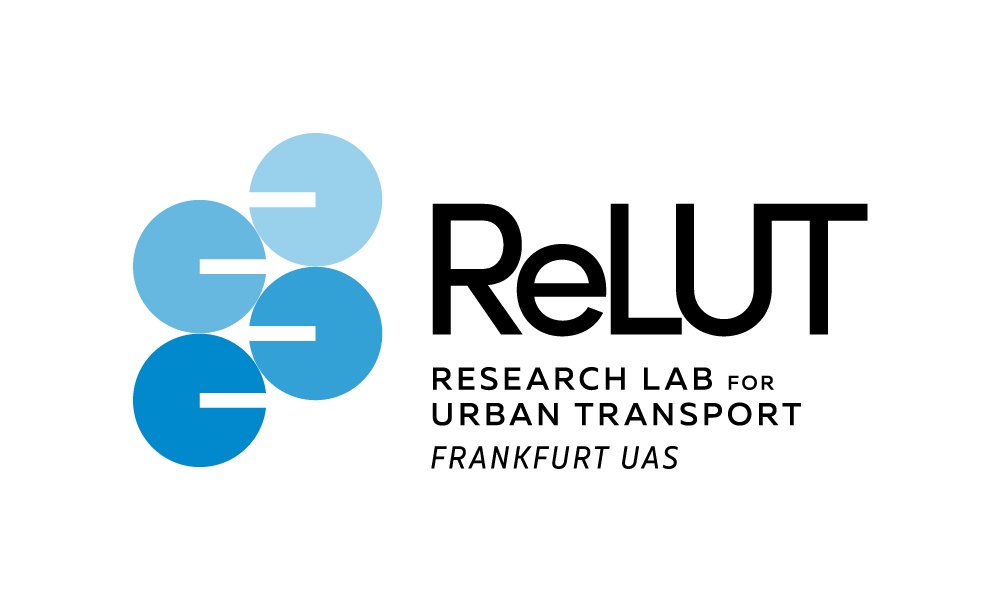![[Translate to EN:] Logo Bundesministerium für Digitales und Verkehr](/typo3temp/assets/images/_csm_BMDV_Fz_2021_Office_Farbe_de_6bd6e09b27_339f426ce9.jpg)

Digital twin for real-time analyses of the effects of infrastructure measures to increase the efficiency of mobility and reduce emissions in urban areas
Funded by: Federal Ministry of Digital Affairs and Transport
Project partners: Mercedes-Benz AG, MBition GmbH, B2M Software GmbH
Duration: October 2023 until September 2025
Project Lead: Prof. Dr. Tobias Hagen
Contact: Amir Babaei, B. Sc.
In recent years, various local infrastructure measures (e.g. regarding parking space, bicycle and pedestrian paths) have been implemented in Frankfurt/Main with the aim of reducing emissions. So far, however, there is no possibility to evaluate their effects and possible side effects, such as the shift of (parking search) traffic. At the same time, ultrasonic sensors from electronic parking aids as well as parking and unparking processes of motor vehicles are new data sources that have hardly been used secondarily so far.
The aim of the project is to develop a transferable technology (prototype) using different data sources, which analyzes the (side) effects of local measures in urban areas in real time. This includes the effects on traffic volume, speed, emissions, available parking space, parking pressure and parking search traffic - also in adjacent areas (modal shift). The results are presented in a dashboard.
The ground truth regarding moving and stationary traffic of the test areas in the city of Frankfurt/Main is determined with camera sensors and manual counting. This is used to calibrate and extrapolate the available motor vehicle data (ultrasonic sensors, parking in and out, FCD, parking search traffic). Transferability will be tested through analyses for urban districts outside the test area. Municipal data (parking ticket machines, etc.) will be included for validation.


